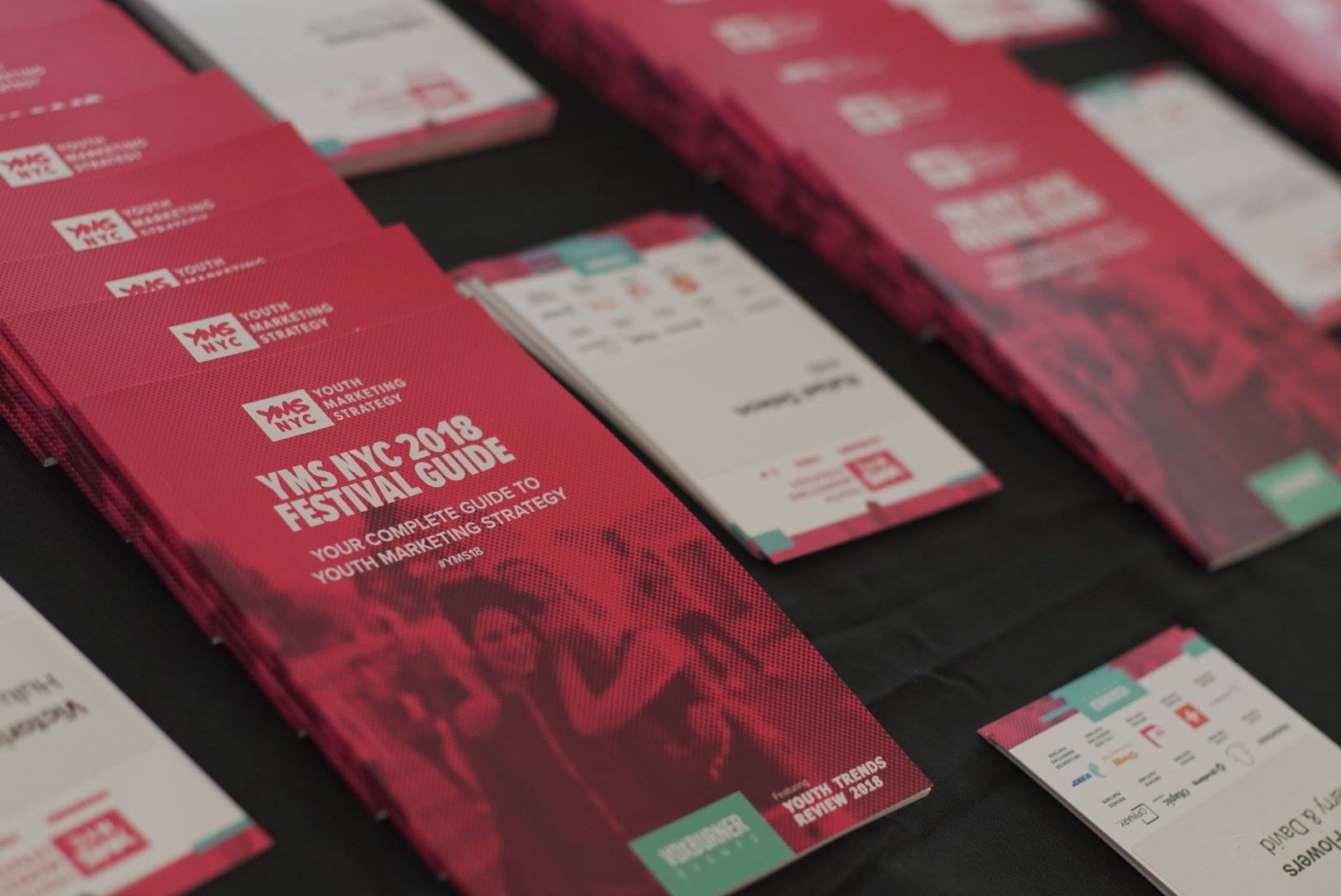I love Millennials. That may be expected as I am both a Millennial myself, and a Millennial subject matter expert who spends a lot of her time reading about the latest industries Millennials have killed (American cheese, you’re on notice). I continue to be surprised by my generation’s ability to influence trends that have touched just about every industry, from fitness and health to retail. Being a proud Millennial, I’ve had trouble coping with the fact Gen Z is already surpassing Millennials as the largest generation and will soon be the focus of most marketing professionals. Putting my pride aside, I do have to admit that Gen Z is quickly coming into adulthood and is poised to change the way we think as marketers – even more so than Millennials did (though we did it first!).

This, in part, is why I recently attended the Voxburner’s Youth Marketing Summit in New York City. During the two-day conference, we heard from some of the hottest brands among Millennial and Gen Z audiences, along with Gen Zers themselves, about what they look for from the brands they buy and the causes they care about. Aside from making me feel extremely old, I came away from the conference with some important key findings to think about when targeting Millennials and Gen Z.
1. Multicultural marketing needs to be mainstream:
Millennials previously held the title as most diverse generation in U.S. history with 44 percent belonging to a minority group. Recently, Gen Z surpassed them with 46 percent of the generation belonging to a minority group, a number that is expected to rise to 50 percent by 2020. As a result, inclusivity is important to this generation, with 65 percent describing their generation as inclusive of people who are different from them (e.g. racially, culturally). They want to buy from brands that reflect their values, so inclusivity and diversity need to be at the forefront of every brand’s strategy.
2. Gen Z wants a brand they can create with:
According to Snapchat’s global head of consumer insights, Amy Moussavi, humor, creativity and individuality are the new social currency. Four out of five (78 percent) Gen Zers describe their generation as creative while 66 percent describe them as independent. Brands that embody this will be more relevant to Gen Zers, but those who truly look to create with them and support their individuality will win their loyalty.
3. Authenticity is KEY:
This is especially true for Gen Zers. They’re not interested in seeing airbrushed actors selling them clothing or staged influencer photos. They need to see real people using products in a similar way they would. Gen Z is aware that they’re being marketed to—either through influencers or ads—so they expect marketing that truly connects with them. The best way to do this is to talk to them, through mediums like surveys, focus groups and ethnographies.
4. Gen Z is non-conformist and proud:
Only 48 percent of Gen Z identifies as completely heterosexual, compared to 65 percent of Millennials, per a survey by J Walter Thompson Innovation Group. Over half of those young Americans reported knowing someone who goes by non-traditional gender pronouns such as “they/them.” This is unique to their generation and important for us to keep in mind when creating campaigns and target profiles that speak to this generation. Segmenting them by attitudes and behaviors will be more accurate than the typical gender or race.
5. Millennials are reinventing what parenting looks like:
Many people don’t realize that Millennials now are between the ages of 22-37, with 40 percent of them being parents. Data shows that many Millennials have postponed having children to establish their adult lives and careers, and they don’t want to give that up once they’ve had children. Three in five (60 percent) Millennials agree that when deciding on things to do with their kids they don’t only think about kid-specific activities. Brands looking to reach Millennial parents should keep in mind that they don’t only want to be defined by parenthood.


